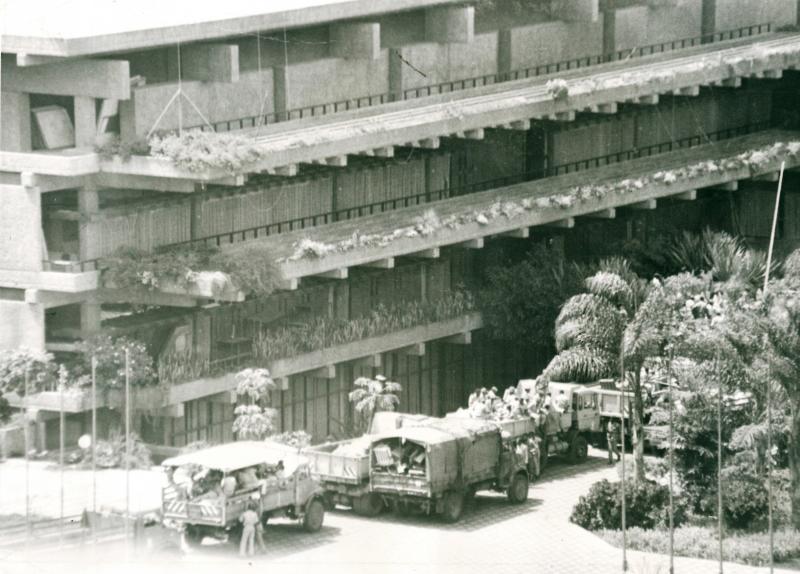
Whew… The terrible month is finally over. And what a month it has been? Peaked Covid-19 fatalities, inexplicable deaths of suspects in the hands of the police and freak accidents from the road and potent gin. The grim reaper, it appears has been on the rampage.
August has dark memories some of which will forever remain engraved in the country’s history pages. For the first president, Jomo Kenyatta, 1961 August started well for it marked his journey to fame and power. He must have been quite ecstatic when he was freed on August 21 that year to go to Gatundu where a new house, car and life of glamour awaited him.